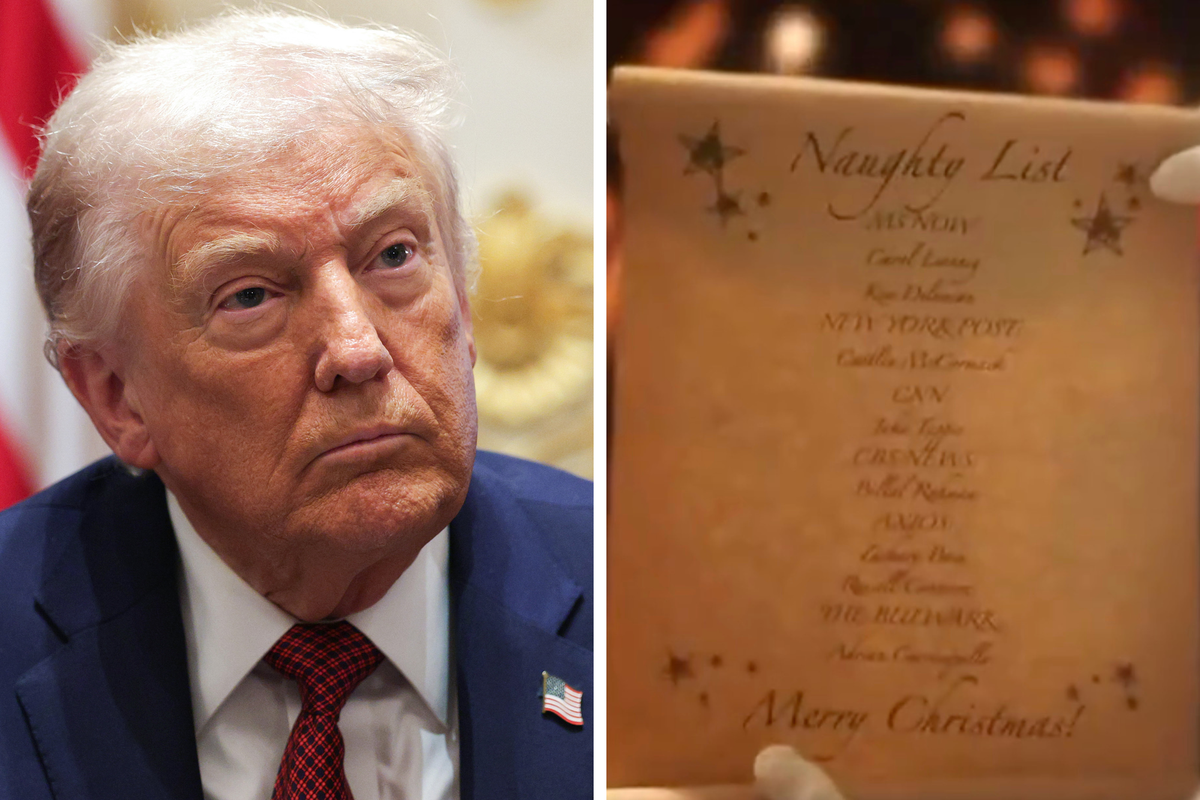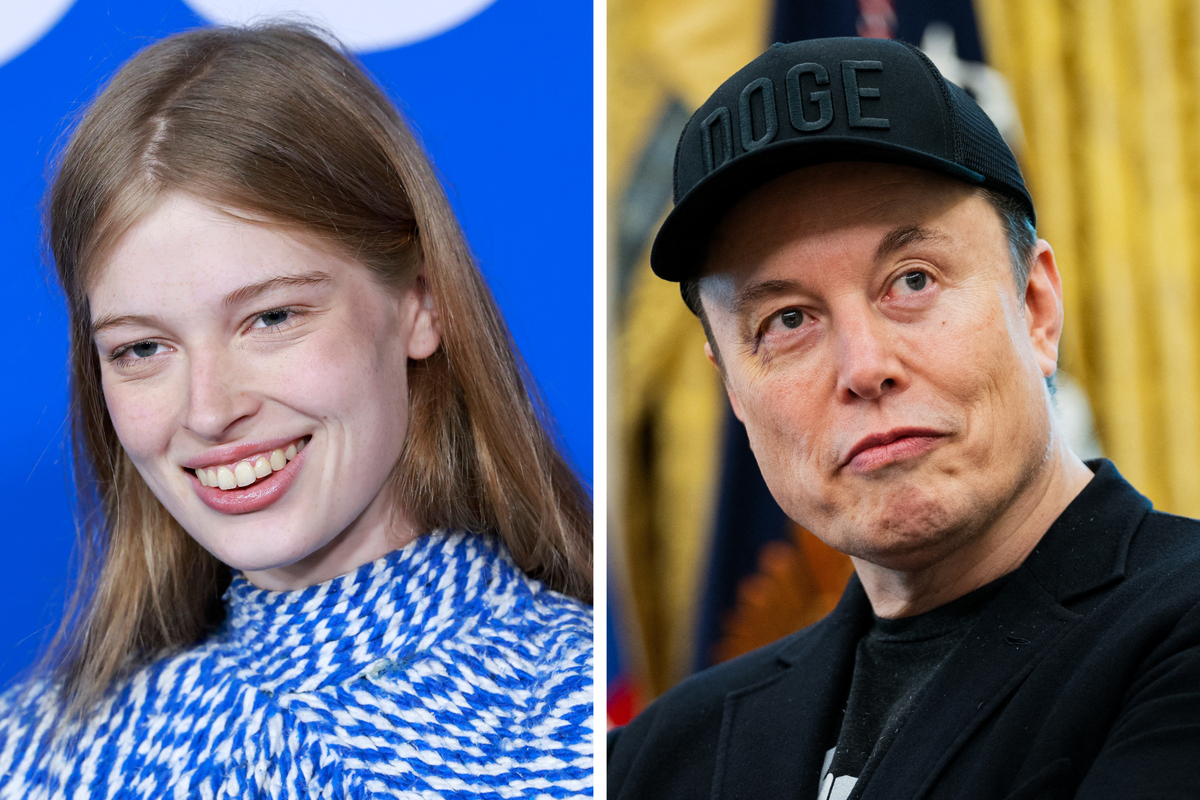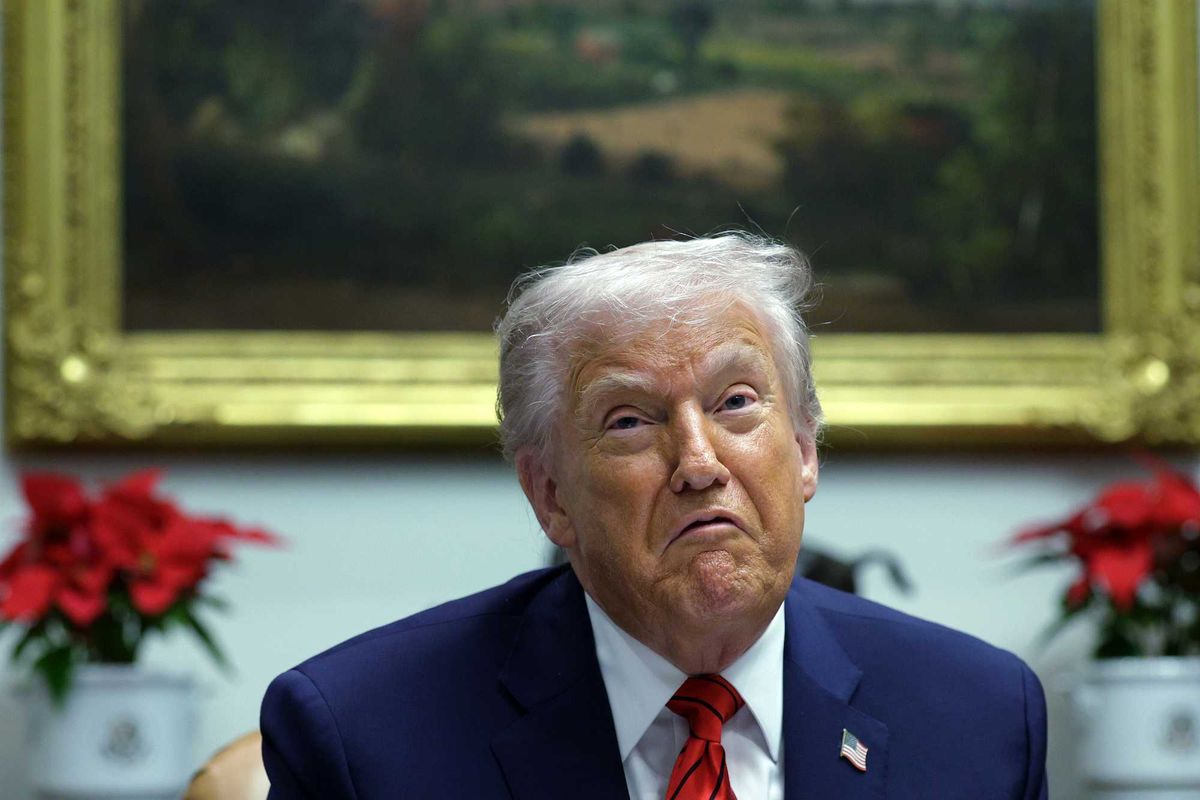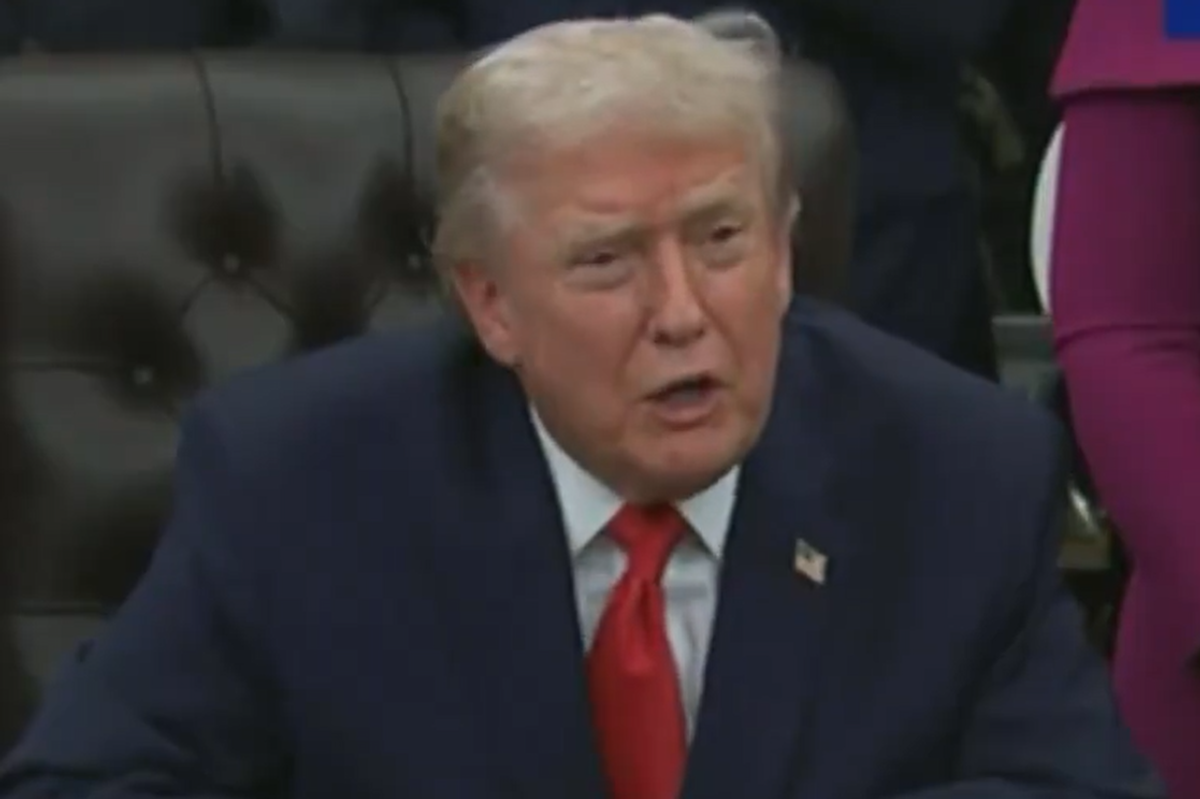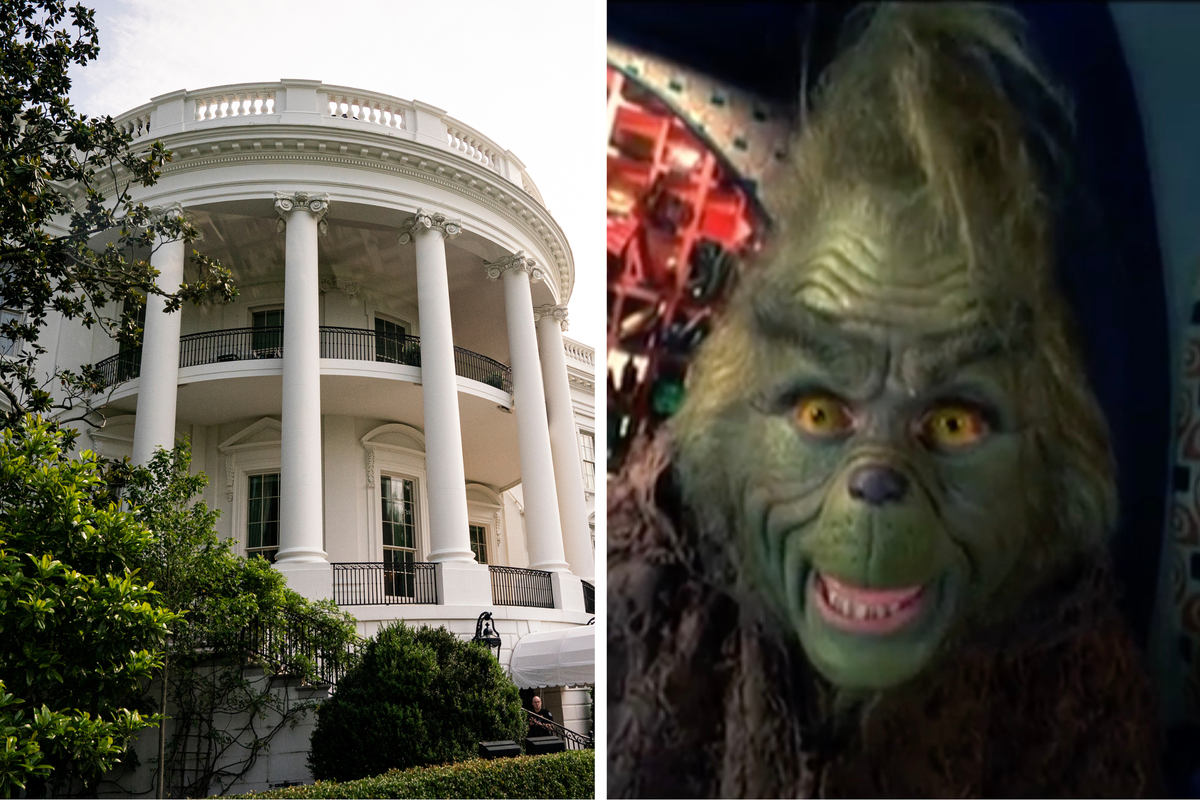News
Dina Rickman
May 10, 2015
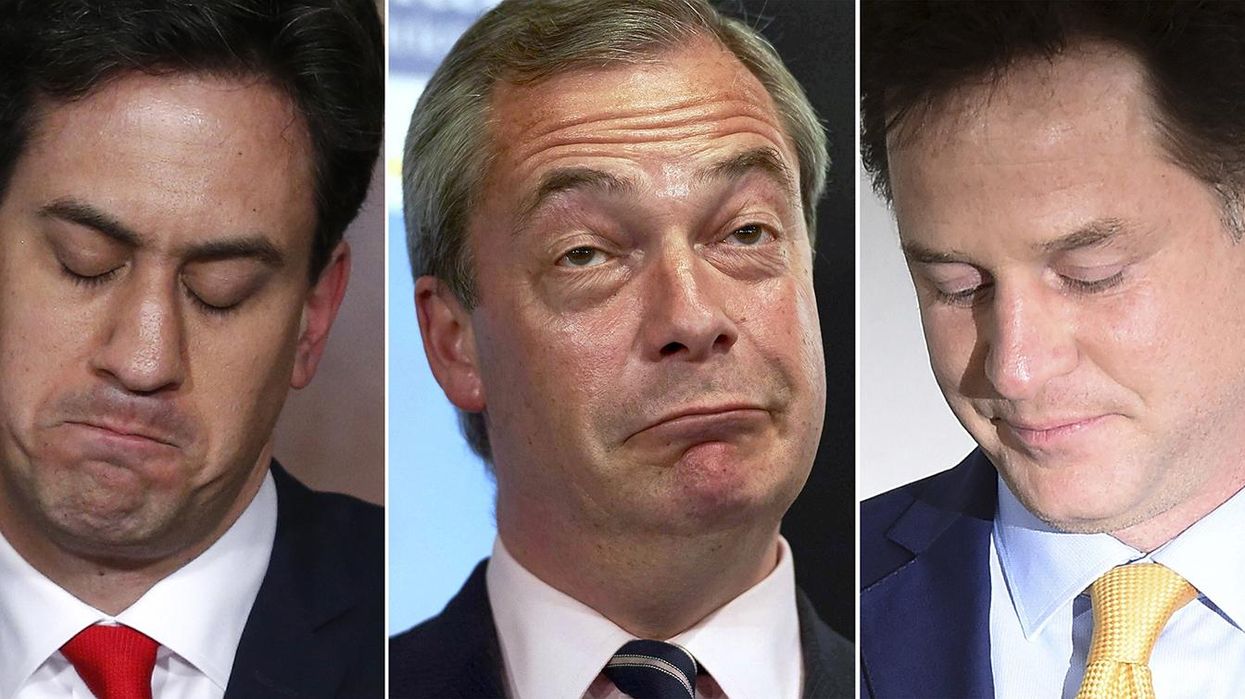
Those who had been closely following the polls were not expecting to wake up to a Conservative majority on Friday morning.
In the days following the election, many have been asking how predictions were so wrong, and the British Polling Council has announced an inquiry.
Here, according to the pollsters themselves, is what happened.
Ex-ICM boss Nick Sparrow:
Writing on Political Betting, Sparrow said that those investigating the polls most look at "sampling measures".
Over the last 23 years it has become more difficult to achieve a sample that is really representative of all voters, and the desire for cheap polls has fuelled the dash to online methods. Assuring sceptics that telephone polls that get usable data from less than 1 in 5 of the numbers dialled, or satisfying those who question the reliability of online panels of voters who actively seek an opportunity to record their vote intentions will be a substantial challenge.
Nate Silver, who predicted the 2008 and 2012 US election results:
Silver said the whole world may have a polling problem, writing that in the wake of the Scottish independence referendum, Israeli elections, 2014 midterms and 2012 US election it's "become harder to find an election in which the polls did all that well".
"Voters are becoming harder to contact, especially on landline telephones. Online polls have become commonplace, but some eschew probability sampling, historically the bedrock of polling methodology," he said, concluding: "There may be more difficult times ahead for the polling industry."
Damian Lyons-Lowe, Survation:
In a blog post titled 'Snatching Defeat from the Jaws of Victory', Lyons-Lowe detailed how they conducted a telephone poll the day before the election which was almost exactly right but did not publish it. Why?
The results seemed so “out of line” with all the polling conducted by ourselves and our peers – what poll commentators would term an “outlier” – that I “chickened out” of publishing the figures – something I’m sure I’ll always regret.
So in short, they will be using telephone polling in the future.
Peter Kellner, YouGov:
Writing in the Sunday Times (£), Kellner says "the signs were there" but adds they were tripped up by "reluctant Tories" who were unable to vote Labour due to worries about the economy.
We got the election wrong. So did the other 10 polling companies who produced eve-of-election voting intentions: we all said the race was too close to call. Only by admitting that we are all at fault can we start the journey to find out why.
Andrew Hawkins, ComRes:
Writing in a blog on ComRes, he said:
Some commentators have been very quick to put the boot into pollsters for calling it wrong. The truth is that pollsters, when they stick to their knitting, measure vote share. We do indeed, together with academics and the media, need to look at how that vote share translates into House of Commons seats – that is certainly true. But there is no need to throw the baby out with the bathwater. Most of the polls from most of the pollsters were within the margin of error. How they are interpreted and reported needs to be a matter of collective consideration.
More: In pictures: The leaders have cast their votes as millions of Britons head to the polls
Top 100
The Conversation (0)
